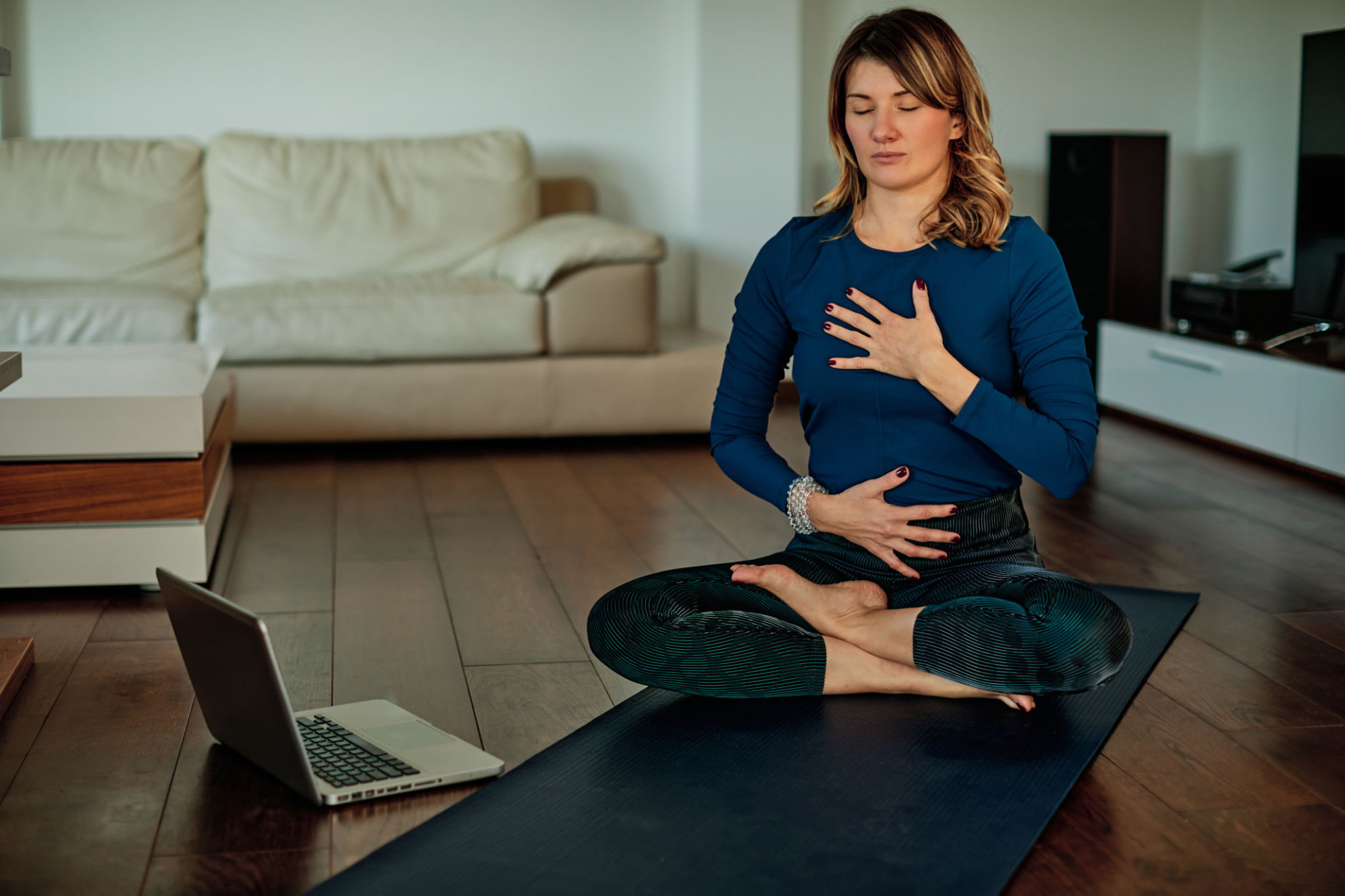DIY Stress Management Techniques: A Guide to Holistic Health
Understanding Stress and Its Impact on Health
Stress is an inevitable part of life, affecting both our mental and physical well-being. While it is impossible to eliminate stress entirely, managing it effectively can lead to improved health and a more balanced lifestyle. By adopting DIY stress management techniques, you can take control of your stress levels and promote holistic health.
Stress can manifest in various ways, including anxiety, fatigue, and irritability. Over time, unmanaged stress can contribute to more serious health issues like heart disease and depression. It is crucial to recognize stressors and address them proactively.

Mindfulness and Meditation
One of the most effective DIY stress management techniques is practicing mindfulness and meditation. These practices involve focusing on the present moment and calming the mind, which can significantly reduce stress levels.
To get started with mindfulness, find a quiet space where you can sit comfortably without distractions. Close your eyes and focus on your breathing, observing each inhale and exhale without judgment. Even just five minutes a day can make a noticeable difference in your stress levels.

Guided Meditation Resources
If you're new to meditation, consider using guided meditation resources available online or through mobile apps. These resources provide step-by-step instructions to help you focus and relax, making it easier to incorporate meditation into your daily routine.
Physical Activity and Exercise
Regular physical activity is another powerful tool for managing stress. Exercise releases endorphins, which are natural mood elevators, and helps reduce the body's stress hormones like cortisol. Whether it's a brisk walk, yoga session, or a more intense workout, physical activity can help keep stress in check.
Consider incorporating at least 30 minutes of exercise into your daily routine. Choose activities you enjoy, as this will make it easier to stick with your exercise regimen.

Creating a Home Workout Plan
You don't need a gym membership to stay active. Create a home workout plan that includes a mix of cardio, strength training, and flexibility exercises. There are countless free resources online, including video tutorials and printable workout plans, to guide you.
Nutrition and Hydration
Your diet plays a crucial role in stress management. Consuming a balanced diet rich in whole foods, such as fruits, vegetables, lean proteins, and whole grains, can support your body's ability to manage stress. Avoid excessive caffeine and sugar intake, as they can contribute to anxiety and mood swings.
Staying hydrated is equally important. Dehydration can increase cortisol levels, leading to heightened stress. Aim to drink at least eight glasses of water a day to stay hydrated and support overall health.

Meal Planning for Stress Reduction
Consider meal planning as a way to ensure you're consuming nutritious meals throughout the week. Plan your meals ahead of time, focusing on incorporating nutrient-dense foods that support mental clarity and energy levels.
Sleep Hygiene
Adequate sleep is essential for stress management. Lack of sleep can exacerbate stress levels and affect your ability to cope with daily challenges. Aim for 7-9 hours of quality sleep each night.
To improve sleep hygiene, establish a regular sleep schedule by going to bed and waking up at the same time each day. Create a calming bedtime routine that includes activities like reading or taking a warm bath to signal your body that it's time to wind down.

Minimizing Sleep Disruptions
Minimize sleep disruptions by creating a comfortable sleep environment. Ensure your bedroom is dark, cool, and quiet. Limit screen time before bed, as blue light from devices can interfere with your ability to fall asleep.
